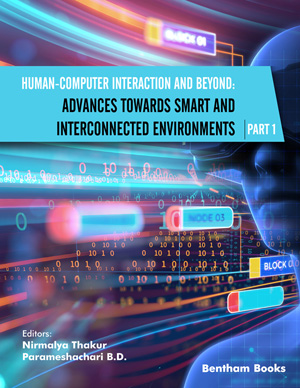
Abstract
Background: The App Stores, for example, Google Play and Apple Play Store provide a platform that allows users to provide feedback on the apps in the form of reviews. An app review typically includes star rating followed by a comment. Recent studies have shown that these reviews possess a vital source of information that can be used by the app developers and the vendors for improving the future versions of an app. However, in most of the cases, these reviews are present in unstructured form and extracting useful information from them requires a great effort.
Objective: This article provides an optimized classification approach that automatically classifies the reviews into a bug report, feature request, and shortcoming & improvement request relevant to Requirement Engineering.
Methods: Our methodology used supervised Machine Learning techniques (Multinomial Naive Bayes, Linear SVC, CART Decision Tree) that have been first evaluated based on t h e conventional Bag of Words (BOW) feature extraction model along with other auxiliary features such as review rating, review length, review tense, and review sentiment score to automatically classify app reviews into their relevant categories, and subsequently, a feature selection method is used to provide an optimized classification approach for improving classifier performance using Particle Swarm Optimization (PSO) nature-inspired algorithm.
Results: Result shows that we achieved best results with precision of 62.0 % and recall of 47.3 % with Linear SVC Machine Learning technique, which we further optimized with PSO nature-inspired algorithm, i.e., with PSO + Linear SVC, thus, resulting in a precision of 63.6 % and recall of 55.0 %.
Conclusion: This optimized automatic classification improves the Requirement Engineering where developer straightforwardly knows what to improve further in the concerned app.
Keywords: Machine learning, natural language processing, nature inspired algorithms, optimization, text analysis, sentiment analysis, particle swarm optimization, requirement engineering.
Graphical Abstract




















